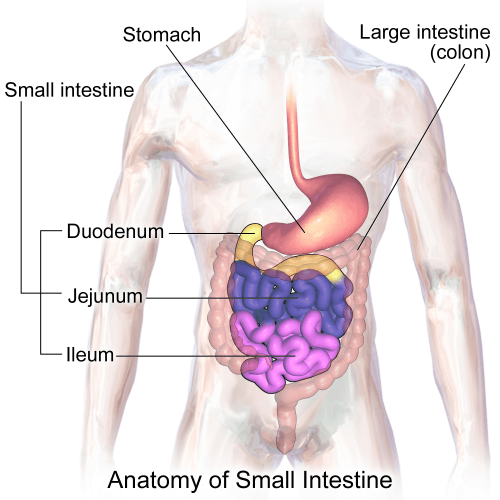Antacids reduce the variety of bacteria in the intestines and this may cause problems

In 2014, Americans received more than 170 million prescriptions for drugs that prevent the release of stomach acid, known as proton pump inhibitors (PPIs) for the treatment of gastric complaints, including indigestion, stomach ulcers (ulcers) and heartburn. These drugs, as a group, are among the ten most prescribed drugs in the US and are also available without a prescription. Surveys show that their use is greatly exaggerated and in such cases the damage they may cause is greater than the benefit. In fact, two new studies have found that proton pump inhibitors cause changes in the bacterial population in the gut in a way that may increase the risk of dangerous gut infections. These studies add to the evidence warning against harmful effects of the drugs.
To understand why people who take PPIs are more likely to be affected by an intestinal infection, researchers from the University of Groningen and the Maastricht University Medical Center in the Netherlands, as well as the Broad Institute at Harvard University and the Massachusetts Institute of Technology (MIT), sequenced the DNA of the bacteria found in the feces of 1,815 people. . This allowed the researchers to obtain a snapshot of the bacteria present in the intestines of the subjects. The researchers found, among other things, that the diversity of bacteria in the intestines of subjects who took PPIs was lower than that found in those who did not take these drugs.
The researchers, who published their results in the journal Gut, found that the differences were evident even when the users of PPIs did not suffer from stomach and intestinal problems. This suggests that the differences arose from the drugs themselves and not from side effects of the disease. (Among other users, patients hospitalized in the intensive care unit are also given PPIs to prevent stomach ulcers resulting from mental stress.)
Researchers at King's College London, Cornell University and Columbia University got similar results in a similarly designed study as well as a small interventional study in which gut bacteria were tested before and after subjects took PPIs for four to eight weeks.
The reduction in acidity can explain how the drugs change the diversity of bacteria in the intestines. A less acidic environment may be more favorable for some bacteria and less favorable for others. The resulting imbalance can lead to infection, says Rines Versma, a gastroenterologist at the University of Groningen. The drug can induce "a change in the microbiome (the bacterial population) that will create an ecological niche in which bacteria such as Salmonella or Clostridium difficile can multiply," he explains.
Since the bacterial population in a person's gut can also affect absorption of calcium, vitamins and minerals, the changes the drug induces could explain why people taking PPIs are more likely to break certain bones and have nutritional deficiencies. Although no one yet knows how concerned patients who have been taking PPIs for many years should be, one thing is certain: "There has to be a dialogue between doctors and their patients who are taking these drugs," says Joel Heidelberg, a family physician at the University of Michigan who has studied the use of PPIs. Excess in PPIs. "There are thousands of patients who take these drugs without limit without any need."
